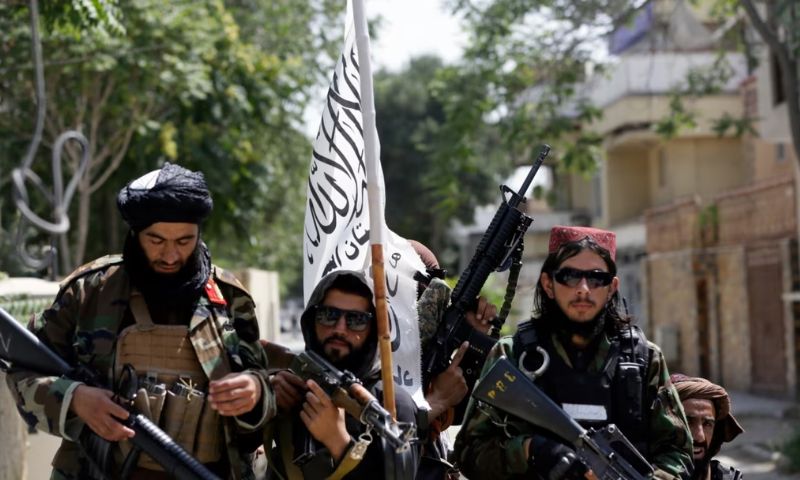ISLAMABAD: The United Nations released a report on Wednesday, detailing over 1,600 cases of human rights violations perpetrated by authorities in Afghanistan during arrests and detentions.
The UN Assistance Mission in Afghanistan called upon the Taliban government to halt torture and safeguard the rights of detainees. Nearly 50 percent of these violations were identified as “torture and other cruel, inhuman, and degrading treatment.”
The report, compiled by the mission’s Human Rights Service, covers a 19-month period from January 2022 to the end of July 2023 and encompasses cases documented across 29 of Afghanistan’s 34 provinces. Approximately 11 percent of the cases involved women.
The documented torture methods aimed at extracting confessions and information include beatings, suffocation, suspension from the ceiling, and electric shocks. The report clarified that cases deemed not sufficiently credible and reliable were excluded.
Despite the Taliban’s promises of a more moderate rule compared to their previous reign in the 1990s, they have enforced severe measures since taking control of Afghanistan in mid-August 2021 as US and NATO forces withdrew after two decades of war.
UN High Commissioner for Human Rights Volker Türk emphasized the harrowing personal accounts of abuse, urging all relevant de facto authorities to enact concrete measures to halt these abuses and hold perpetrators accountable.
The report acknowledged some efforts by government agencies to monitor detention facilities and investigate abuse allegations. However, it underscored the need for urgent and accelerated action to address the documented cases of human rights violations.
UNAMA stated that ill-treatment of individuals in custody is likely widely underreported, and the figures in the report represent only a glimpse into the violations endured by detainees across Afghanistan.
A climate of surveillance, harassment, and intimidation, coupled with threats to silence individuals about their detention experiences, further hampers the willingness of many people to share their stories with the UN mission.
In terms of the interviewees, 44 percent were civilians with no specific affiliation, 21 percent were former government or security personnel, 16 percent were members of civic organizations or human rights groups, 9 percent were members of armed groups, and 8 percent were journalists and media workers. The remaining individuals were identified as “family members of persons of interest.”
The Taliban-led Foreign Ministry responded to the report, asserting that government agencies are working to improve the human rights situation of detainees, and highlighting that Islamic law, or Shariah, prohibits torture. The Ministry of Interior disputed some of the report’s data, stating that they have identified only 21 cases of human rights violations.























